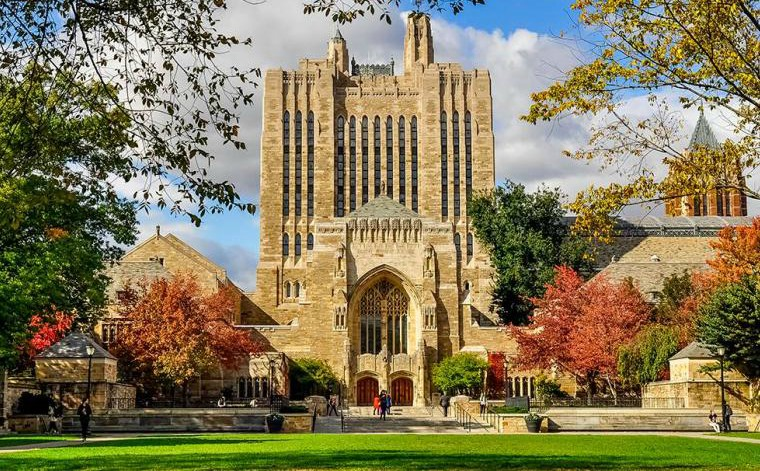
Yale University is offering a course on the supposed struggles that black people endure when having to work or live alongside white people.
Titled “Managing Blackness in a ‘White Space’”, the course examines the ways in which black individuals supposedly navigate the complexities involved with majority-white spaces. The course posits that black people are unwanted in these spaces.
“White space” is a perceptual category that assumes a particular space to be predominantly white, one where black people are typically unexpected, marginalized when present, and made to feel unwelcome—a space that blacks perceive to be informally “off-limits” to people like them and where on occasion they encounter racialized disrespect and other forms of resistance. This course explores the challenge black people face when managing their lives in this white space,” the course description reads.
The professor, Elijah Anderson, has long been a proponent of racial justice ideology. In 2022, he penned a book titled “Black In White Space: The Enduring Impact of Color In Everyday Life.” Anderson based the book on anecdotes and decades of qualitative research, per Yale University.
The professor argues that black people are forced to endure the discomfort of being forced to manage existence within white-dominated
“White people typically avoid Black space, but Black people are required to navigate the white space as a condition of their existence,” Anderson said in an interview with Yale News, “When an unfamiliar Black person enters the ‘white space,’ often the people there immediately try to make sense of him or her — to determine ‘who that is,’ or to figure out the nature of the person’s business and whether they need to be concerned. Stereotypes can rule perceptions, creating a situation that can estrange the Black person”
Anderson also claims that black people are bereft of power within majority-white environments. White people, Anderson argues, are not only more empowered than blacks, are also oblivious of their powers.
“In white spaces, white people dominate, and compared to their Black counterparts, enjoy an implicit power along with a degree of moral authority that Black people fundamentally lack. Moreover, white people tend to take their white-skin privilege for granted, and to be dismissive of the complaints by Black people, or they show incredulity and “horror.” In this context, it is very hard for white people in general to understand and appreciate the experience of being Black,” Anderson says.
Yale has been on the receiving end of withering criticism over their intensive DEI efforts. The university announced a five-year DEI action plan in 2021. Yale Law School unveiled a 41-page booklet detailing their institutional commitment to DEI. In 2023, students questioned the speed and sincerity of the DEI efforts.